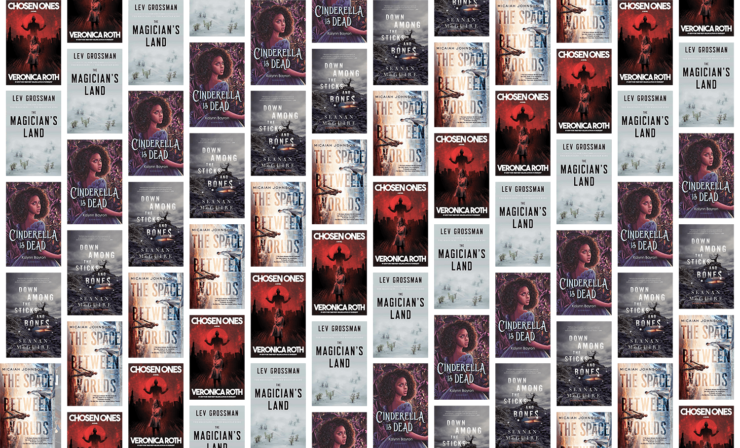When I was thirteen I wanted to be a witch.
I also wanted to be a witch at ten and fourteen and sixteen and twenty-one and let’s face it to this day, but it was at age thirteen that my passion reached its height—and turned into action. And by action I mean, “read every book on witchcraft I could find at the public library, even the super dry historical stuff, and project a general ‘I’m a witch’ vibe around school.”
Well, it worked. Not the becoming a witch part! The part where I made my eighth-grade classmates think I was perhaps a witch but definitely weird, which wasn’t acceptable until ninth grade at the earliest.
But I didn’t need “friends” and “mall dates” and “popularity”—not when I had Juniper and Wise Child and Witch Baby and repeat viewings of The Craft and this one crusty library book that contained an actual spell, for turning into a hare, which I remember every word of to this day and just discovered is attributed to Scottish coven queen Isobel Gowdie.
Our Crooked Hearts is a witchcraft book made of two bound threads: one is the tale of Dana, discovering and nearly being destroyed by witchcraft in 1990s Chicago. The other is the story of her daughter, Ivy, a contemporary suburban kid who realizes all the unsettling things that have been happening to her—starting with nearly running over a nude woman standing in the middle of a nighttime road—can be traced back to her enigmatic mother, and what happened when she was sixteen.
Dana’s story pays homage to my teen dreams of witching, and the wave of paranormal YA novels I devoured by the fistful. But with Ivy’s narrative, and the benefit of a little distance from junior high, I got to imagine how the steep costs of magic might reverberate for the next generation. If I had managed to become a witch, wreaking were-hare havoc all over suburban Chicago, how might that shade my child’s life story? To put it another way: What if, say, Renesmee Cullen got her own book, except instead of being a teeny psychic betrothed to a teen wolf she was instead a confused teen, wondering what to make of her mother?
Here are five more books and series that, like Our Crooked Hearts, play with magic and its aftermath.
Chosen Ones by Veronica Roth
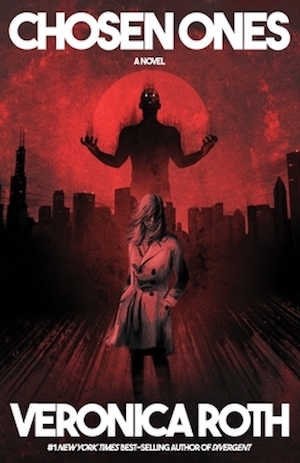
In her first post-YA novel Roth explores the idea of adulthood as a long epilogue to a rich and scrappy story we’ve read a thousand times: that of a crew of kid saviors, fighting against a supernatural (or, occasionally, corporate) menace bent on absolute dominion or destruction. She centers her story on Sloane, an unwilling celebrity/survivor/former chosen one still trying to make sense of what was done to her. As her public duties as a heroine ramp up around the ten-year anniversary of her trauma, Sloane digs into source materials surrounding the vanquishing of the Dark One who has never really left her—and then, midbook, falls through a trapdoor straight back into the nightmare.
The Space Between Worlds by Micaiah Johnson
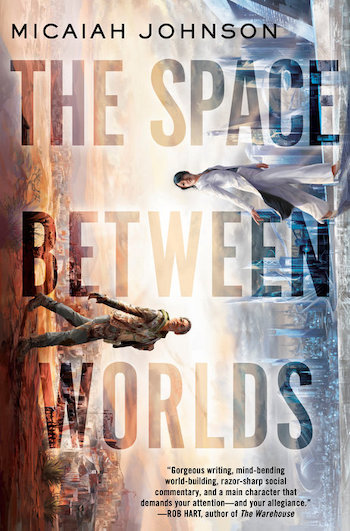
This phenomenal multiverse story kicks off after the death of its main character, Cara—in all but eight of the 372 known worlds. In the world where our story originates, Cara is a steel-spined urchin of the Ashtown wastes, identified for her gift of dying nearly everywhere but in the world where it counts: the one where the Eldridge Institute has perfected multiverse travel, sending agents across worlds to collect information. The catch being, agents can only survive the trip if their otherworld selves are dead. The book is instantly gripping and unfolds with operatic scope, but it’s only as you go on that you discover just how much of the story has already happened, just how much plot and trauma already live inside Cara’s skin, shading everything from her potentially fatal choices to her melancholy flirtations and flings with various versions of her unattainable handler.
The Magician’s Land by Lev Grossman
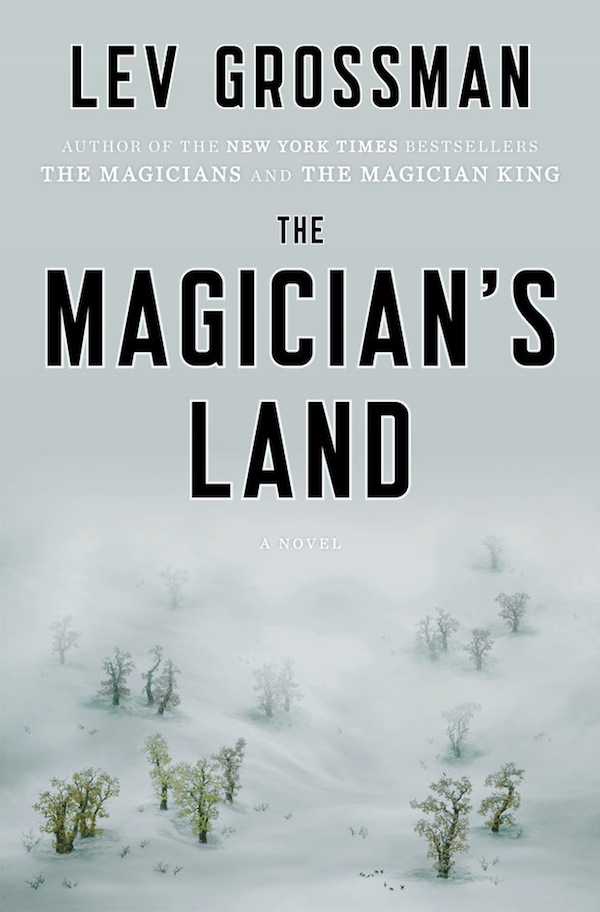
(Spoilers ahead, but no more than you’d read on the book’s jacket copy.)
All good portal stories of a certain type must end with their child protagonists being gently evicted from fairyland. By the time we reach this, the final book in the Magicians trilogy, we’ve watched protagonist Quentin Coldwater angst his way through magic school and into a throne in the Narnia-esque land of Fillory—before it throws him out on his ass. The Magician’s Land opens on a very humbled, deposed King Quentin lurking around a strip-mall bookstore, hoping to pick up a freelance magic job, which turns into one of my favorite fictional heists. It gets even better from there. In the earlier installments Grossman riffed magnificently on magic school narratives and quest books like The Voyage of the Dawn Treader; The Magician’s Land goes wider and weirder. If books one and two sprawl across the map of existing fantasy stories, this one lives off the edges, where dragons be.
The Wayward Children Series by Seanan McGuire
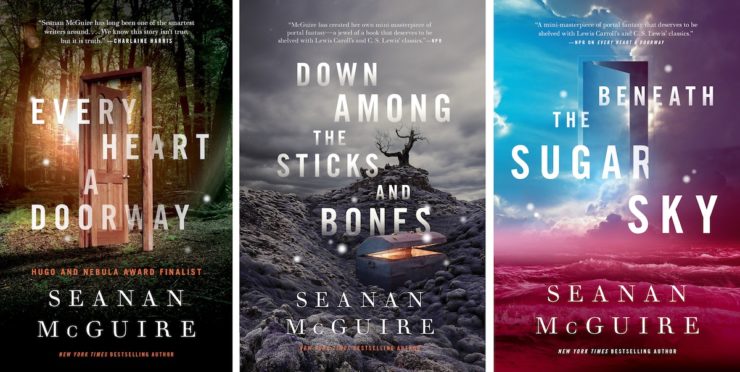
Speaking of children evicted from fairyland! The trope is so traumatizing and well-worn McGuire built an entire beloved series on its bones. All of the books are strange and brilliant, but Down Among the Sticks and Bones holds a special place in my heart. Except, I’m cheating: while other books in the series do focus squarely on what happens after a child is allowed into a world that steals their hearts then spits them out, this one, book two, focuses on the backstory of characters we met in book one. We already know what siblings Jack and Jill—one analytical and restrained, the other mercurial and terrifying—will do and be. In this novella McGuire show us how they get there, from their warping childhood to their time in the bleak and brutal Moors, the twilit otherworld that takes them in and sharpens their most logical (Jack) and wicked (Jill) instincts.
Cinderella Is Dead by Kalynn Bayron
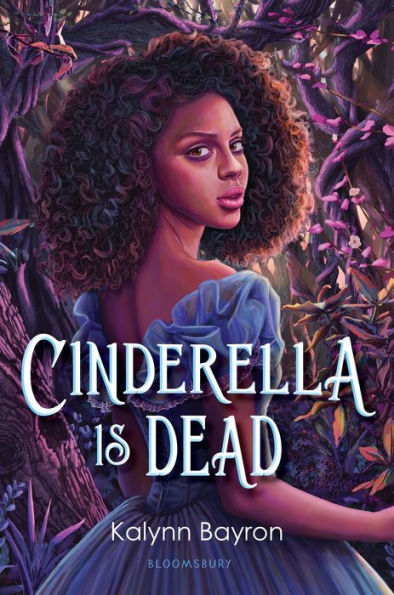
This book’s killer premise: two hundred years after Cinderella’s death, her “legacy” lives on in the form of an oppressive, misogynistic regime in which ornamental obedience is a woman’s only path to marriage—and marriage is her only chance at living past eighteen. Based on a hagiographic take on the Cinderella story, the kingdom’s marriage market revolves around a mandatory annual ball where young women dressed in ruinously expensive clothes must accept the suit of any man who offers. Queer, headstrong Sophia would rather run off with her girlfriend, Erin. And when Erin refuses, Sophia decides to dismantle the entire patriarchal structure instead.
Melissa Albert is the New York Times and indie bestselling author of the Hazel Wood series (The Hazel Wood, The Night Country, Tales from the Hinterland) and a former bookseller and YA lit blogger. Her work has been translated into more than twenty languages and included in the New York Times list of Notable Children’s Books. She lives in Brooklyn with her family.










